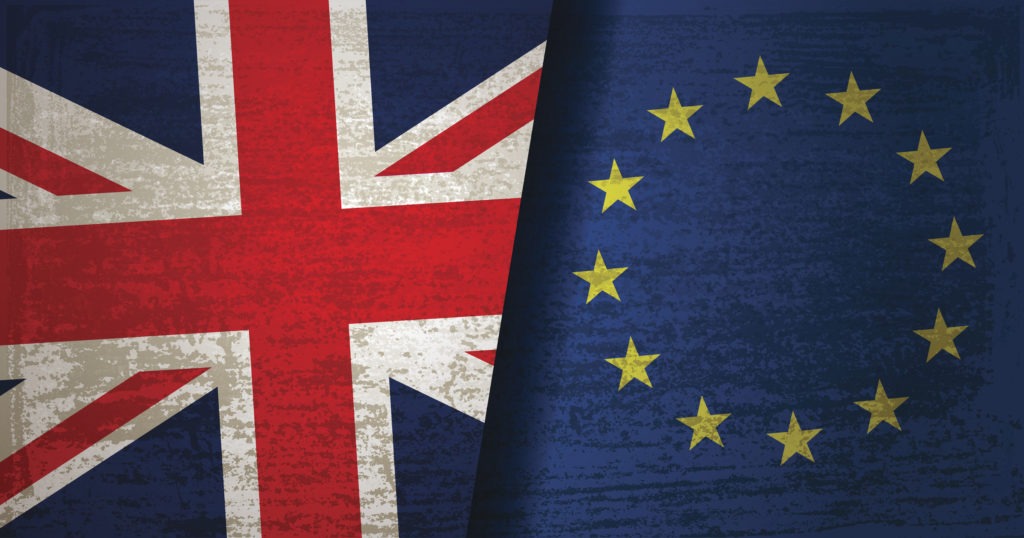Slow and unclear Brexit negotiations prompt warnings from manufacturers
15 September 2017

15 September 2017
As Brexit negotiations continue at a slow pace, with criticism levied at the UK Government for its unclear plans for the country following the split, vehicle manufacturers are having their say on how the automotive industry will suffer in the wake.
Toyota, PSA Group and BMW have all suggested that they will have to explore their options if there is no timetable for transition, the introduction of tariffs or how certain aspects of the breakaway deal will be worked out. Each manufacturer has previously backed Britain, with Toyota investing in its plants, BMW announcing that Cowley will produce the new electric Mini and PSA suggesting that it would look at boosting its investment in the country.
Brexit talks have slowed down in recent weeks, with the EU’s chief negotiator saying that not enough progress had been made to begin discussing any free trade deal, amid differences over the size of any settlements the UK would have to pay to leave. This is increasing anxiety within the motor industry that imports and exports between Britain and Europe could face tariffs and other barriers when the process is completed after 2019.
Toyota executive vice president Didier Leroy, speaking to the Reuters news agency, suggested that early government assurances that free trade with the European Union would survive Britain’s departure have been replaced by talk of transition periods. ′A few months ago the UK Government was saying, ‘We’re sure we’ll be able to negotiate (a deal) without any trade tax.’ They are not saying that anymore,’ he said.
′It’s clear that if we have to wait two to three more years to have clarity on this topic, we will have a big question-mark about our future investment in the country.’
Toyota announced plans in March to begin upgrading its Burnaston plant in England in preparation for future models at a cost of £240 million (€272 million), after receiving assurances from the UK Government. However Leroy has suggested that the company could not wait forever before it decided whether to build a new model at the site when production of the current Avensis ends.
′We cannot take this kind of decision before we have clarity on the future trade relationship,’ said Leroy.
Meanwhile, PSA Group CEO Carlos Tavares suggested that Brexit uncertainties were complicating its integration with Opel, especially its British brand Vauxhall and its plants, which it acquired in August 2017. With the company looking to cut costs, and the Ellesmere Port plant, which produces the current Astra model, only working at around 60% capacity, a decision needs to be taken over where the 2021 model of the vehicle will be produced.
′Until we have more visibility on the trade dimension it’s very hard to define a strategy,’ Mr Tavares said at the IAA motor show in Frankfurt.
BMW is also concerned that the divorce between Britain and the EU will result in tariffs and barriers for imports and exports, with World Trade Organisation duties on vehicles currently sitting at 10%. Currently, the German manufacturer exports around €2.7 billion of goods from the country, mainly through its Mini and Rolls Royce brands as well as vehicle components from these plants.
′Anything beyond zero level of duty will possibly lead to us changing our value chain,’ said Markus Duesmann, head of purchasing at BMW, in an interview at the IAA. ′We’re extremely concerned that the Brexit talks have been so piecemeal and slow so far.’
′We’re already revising the logistics channels for the UK, so that we’ll be able to manage the coming border, whichever duties will be in place in the end,’ he added. ′We’re enabling our suppliers so they’ll be able to export to the UK.’